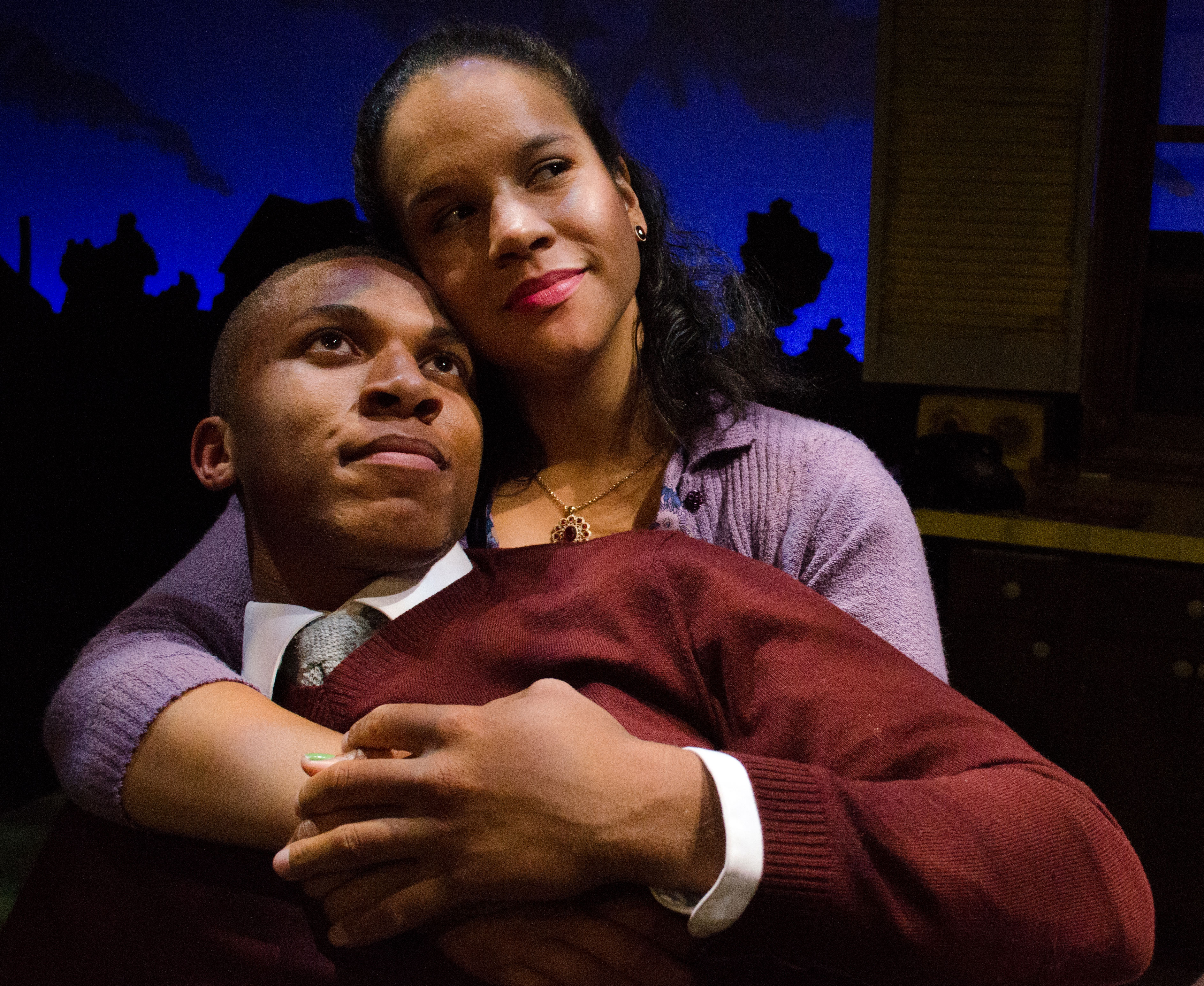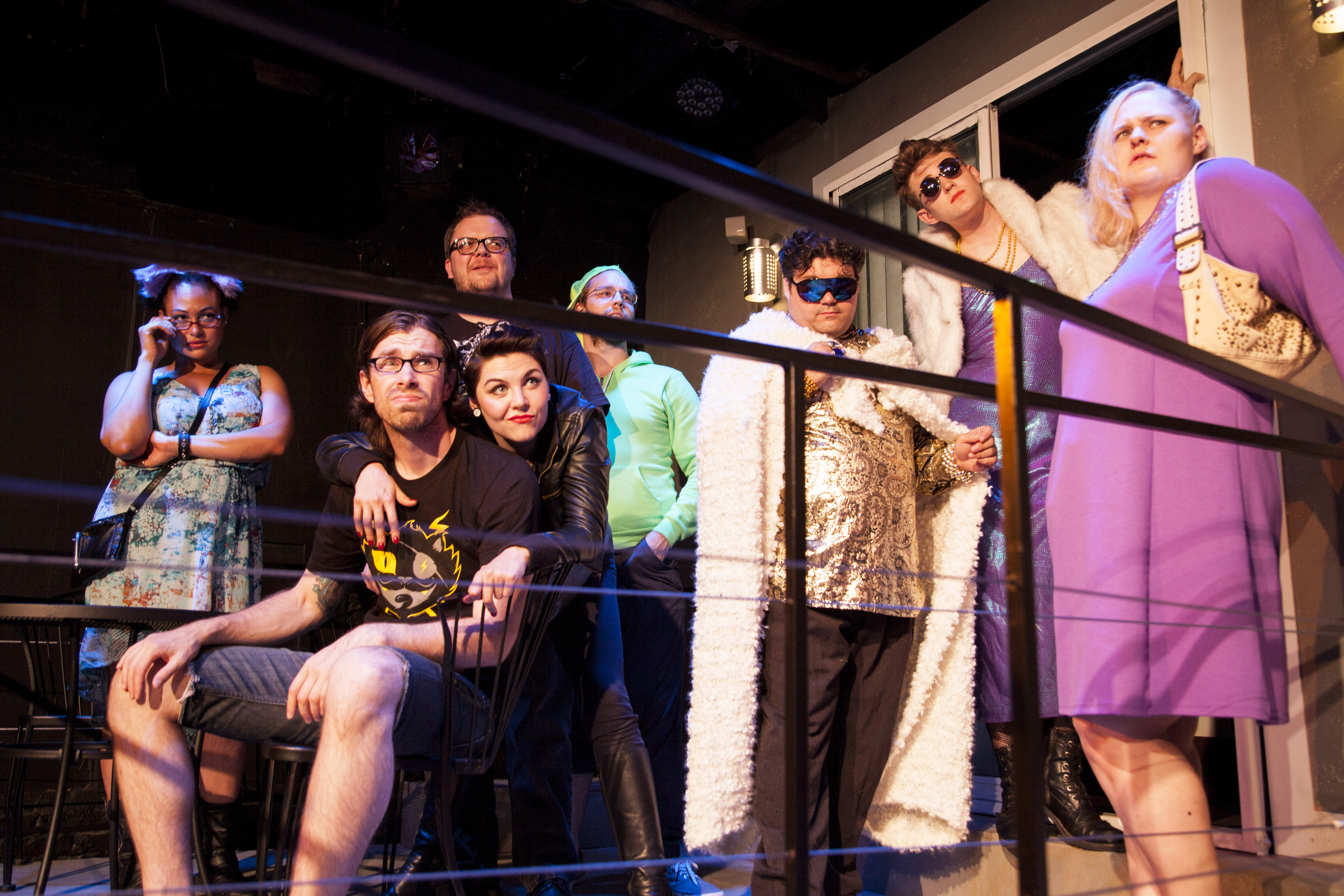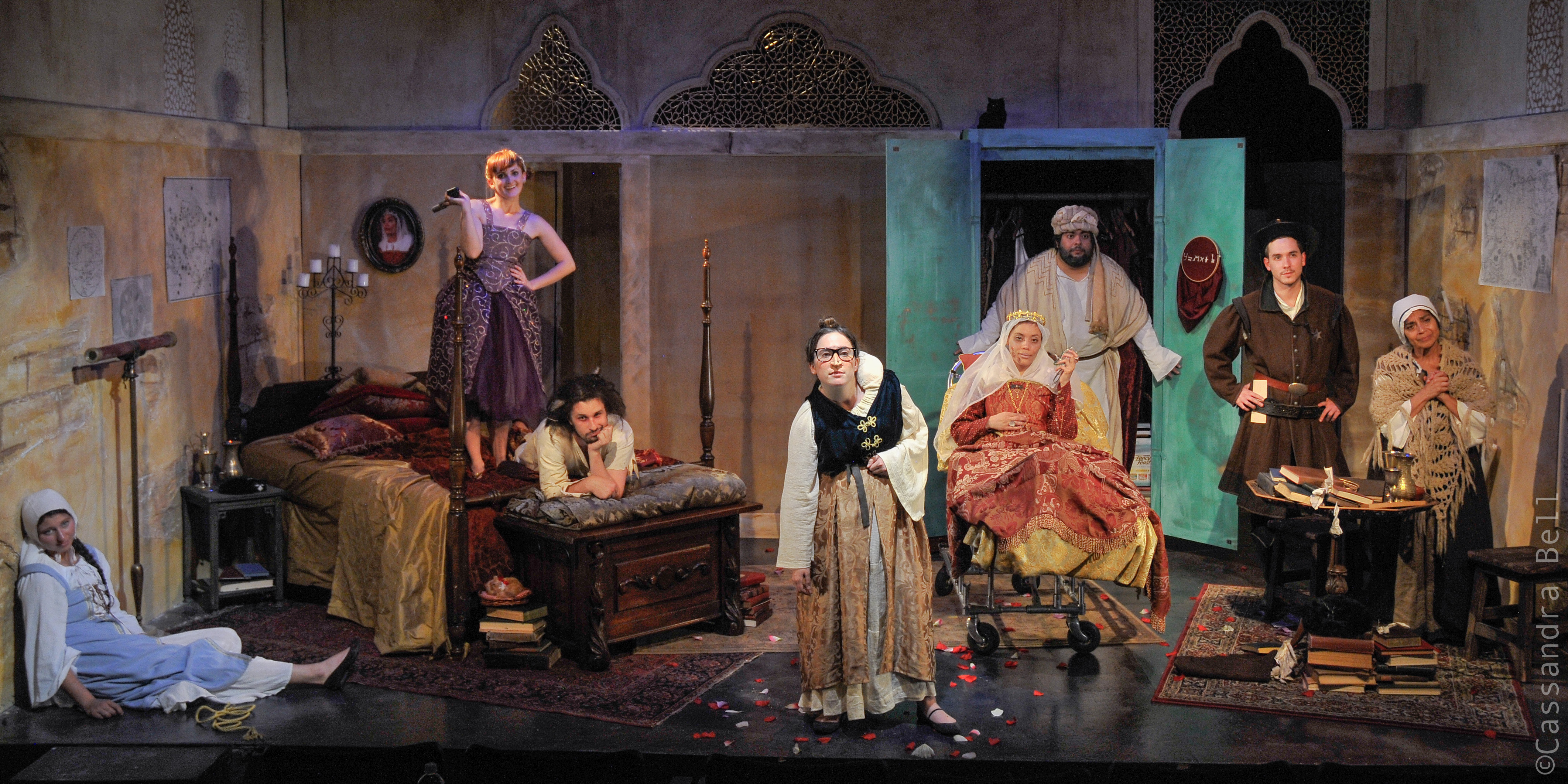She’s Come Undone
Center House Theatre (Seattle Center), 216-0833, book-it.org. $24–$38. Runs Wed.–Sun. Ends Oct. 13.
According to Thoreau, “The mass of men lead lives of quiet desperation.” Women, it seems, not so much. That appears to be the case with Dolores Price, the ever-kvetching ne’er-do-well heroine of the 1992 Wally Lamb novel now staged by Book-It Repertory Theatre. The book famously took off after receiving a favorable nod from Oprah Winfrey, and it’s easy to see why: The novel jumps off the page like a Lifetime movie.
Lamb’s tale is another in the endless trove of novels intended to buttress the belief that baby boomers were the first self-aware generation, and that their travails were somehow more important because of their self-reflection. The usual hackneyed boomer touchstones—the advent of TV, the Kennedy assassinations, the sexual revolution, and the moon landing—all get name-checked, but to what end? Lamb uses them as most do, to create affinity and make Dolores (here played by Jocelyn Maher) relatable. But her journey is a muddle of navel-gazing, and what the World War II generation would surely dismiss as mere whining. As a boomer standard-bearer, Dolores comes up short on the drama meter.
Still, She’s Come Undone gets a thoughtful and sensitive staging from the Book-It artisans, particularly from Kelly Kitchens, the director who labored to keep the novel in a hazy netherworld, neither a word-for-word recitation of Lamb’s text nor a strict dramatization. Through clever use of Andrea Bryn Bush’s minimalist set, Kitchens proves herself a blocking wizard, deftly moving her players with the elegance of a chess master from one imagined locale to another.
And there’s no quibbling with the fine cast assembled, either. Maher makes the trek from preteen to 40-something with dogged believability. She gets fat and loses it; she endures physical and emotional traumas; and, unlike so many of her generation, she gets over them. Supporting players give the play much of its warmth and halting forward motion; but, perhaps wanting to include too much of the book, Kitchens’ adaptation often makes dramatic turns with battleship speed. Including intermission, the show runs three hours, and that’s just too much time spent rubbernecking yet again at the supposedly larger-than-life maturation of ’60s survivors. Yes, your music was great, your TV shows sucked, free love was cool, racism and sexism were not, and your presidents were either killed or run out of office. Can we talk about something else now?
stage@seattleweekly.com








